|
Whilst I was in America hosting The Money Spot program in August 2014 Apostle Debbie Viggs Founder of The International Council for Women contacted me re. being featured as on of 6 African women to be celebrated. Of course I agreed. I was both honoured and humbled.
0 Comments
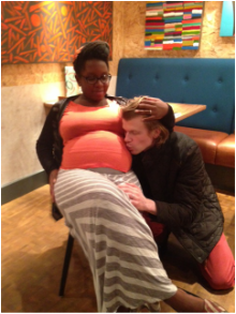 By Heather & Harry Katsonga-Woodward Earlier this year I told my YouTube subscribers that I sometimes call Harry, my husband, “The Good Husband” because a few months before we started dating I had created a listed entitled “The Good Husband” specifying all the traits I need in a life partner. A few months after this admission I revealed everything that I had on my list in this video that’s already been watched a few thousand times. A lot of people thought it was a good idea and proceeded to make their own lists. If you haven’t made a list already, Harry and I have come up with the below list that you can use to create your own strategy. We’re not telling you what you should look for at all as everyone has his or her own preferences but we thought you might like this as a guide. Get a piece of paper and use it to create your own list or download the printable version:
Do you know the difference between the two? It’s an important difference.
If you own a business that business continues to make money whether or not you are there. If you own a job, yes, you’re still in control but once you go off on holiday your revenue stops coming in. I learnt this way of thinking when I read Rich Dad, Poor Dad by Robert Kiyosaki in 2007. He says a lot of professionals like doctors and lawyers make this mistake when they start their own practice because they do all the work themselves. If you want to actually own a business you need to thinking of a structure that gives you revenue even when you’re on holiday, e.g. a legal partnership where partners get a share of profits in addition to bringing in clients. If you own a service business, you can franchise your business when it gets large enough. If you make a physical product you can eventually find a manufacturer for mass production - there are only so many "widgets" you can make yourself. My whole life set up in a way that my current hard work will continue to pay dividends for a long time to come – even while I sleep! Through Black Girl – Getting To Wealthy I help other people do the same: Some people have naturally great, photogenic skin. I'm not one of them! This week I received several inquiries about how I maintain good skin so I decided to create a video. In my teens and early 20s I used to get pimples all the time but now I rarely do and I think it's because I have a good skin routine. When I stop doing these things my skin starts to flare up, so here's what I do: 1. I drink eight 250 ml glasses of water daily.
This does not include coffees, teas, juices. If I drink a herbal (i.e. non-caffeinated tea) without any sugar, e.g. a peppermint tea I will include in my water count but anything else does not count. All my water is drunk at specific times:
2. I jog I have no idea how this works but when I stop exercising my face starts to look less good. 3. I wash my face twice daily I do this almost without fail. It's easy enough because I also shower twice a day. Sleeping with makeup is an absolute no-no. 4. I rinse my face off with cold water after washing my face This is a must to close the pores. I even do it in winter. 5. I do not wipe my face with a face cloth I stopped doing this over ten years ago. Face cloths harbor so much dirt. 6. I use Dr Miracle's It Formula for my face I have been using them for about 3 years now and I think they are very good. The system consists of a facewash, toner and a cream. None of them smell good but they work! The pack lasts about 6 weeks. 7. I use Maybelline Dream Matte Mouse Foundation - Cocoa This foundation looks so good on me that about 10 other people started using it because of me including my mother, two sisters and cousins. 8. I should exfoliate weekly but I don't! Because I am doing everything else correctly skipping this one thing does not appear to be too problematic for me. When I do exfoliate I love St Ives' scrubs. They are very good and they smell great. 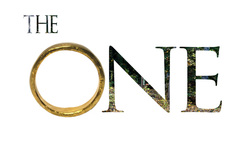 7:30 a.m. The one: "absolutely, positvely the only person on earth you are meant to be with. soul mate and best friend." (urban dictionary) Some people look back at their life / history and can identify two, three or more people that they could have married and been happy with. When I look back, I think every single person I dated or had a crush on would never have worked, I think,'That would have been a train wreck!' That said, the number of people I've met and known well over the course of my life is finite so I can't definitively argue for or against the theory of there being just one, "the one". It does confirm to me, however, that those of us that do find a good companion are supremely fortunate. It also part-explains the high divorce rate: in a world where men and women are both earners the realisation that you married the wrong one will inevitably lead to a break up. What's the point of this blog? Well if I died tomorrow I just want this up for posterity! Year 1 of marriage was great and I remain certain that I married the right mate. 8.30 a.m. My husband will tell you that one of the reasons I put so much energy into my "random thoughts" and "books" blogs is so that if I ever died my family would have these thoughts to hold on to. On the BBC this a.m. a story was aired about a tragic accident in which a white man's black wife was killed by a speeding Mercedes. He set up a blog on Life as a Widower to talk about his grief. Please show you support by following @lifeasawidower and liking Life as a Widower. The whole story felt even more sad to me having just woken up and written about my "one". 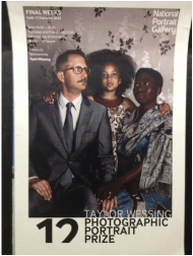 For a very long time now women have been vehicles for men's procreation, recreation and domestic organisation. Yes, those times are changing but not very fast. I spent a few hours this morning at the National Portrait Gallery in London where they have a photography exhibition going on; whilst I enjoyed the exhibition overall, I thought there were one two many images of women in the nude with the worst offending images being those of naked children. Exhibit 1 Without the vagina, this picture would have been okay. There's art and there's excess and personally I think this is excessive exposure. There wasn't even the hint of a phallus anywhere in the entire exhibition. Exhibit 2 This young girl who is justing reaching puberty is the niece of the photographer. Firstly, I hope she got the mother's permission to take the image but secondly, even if she did get that permission why would you send this to a public exhibition? This young girl is far too young to consent. She can't comprehend the consequences of such nudity at all. She could be tomorrow's prime minister and surely no one of such a calibre wants photos of themselves in the nude. Exhibit 3
The most offensive picture. This child is four year's old and her father cut her hair whilst she was naked and then took a photo. One person I was with said she probably thought, "There's papa taking pictures of me again." The little girl looks unhappy and the caption says it's because she doesn't like having here hair cut...hmm? The father must be deranged to want every Tom, Dick and Paedophile looking at this image of his innocent child. I'm surprised the judges didn't call the police on him. 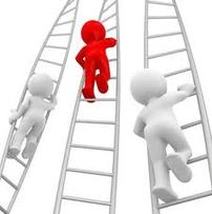 I went to a Women in Business seminar targeted at helping people progress in their businesses and careers. There were many useful insights that I would like to share as you may also find them useful. Here are my notes from the event:
 SMARTER NETWORKING - 60 Second Pitch People in power have shared that when someone approaches them to pitch i.e. sell themselves, an idea or a product, they are more receptive if you:
The speaker shared a story about a lady at a networking event that she invited to chat. She looked over her shoulder the whole time and walked off mid sentence! This lady didn't bother to get to know who she was being invited into a conversation with and she could have failed to capitalise on a conversation with the most valuable contact for her business on that day. Objective of networking: to help as many people as possible. So, your intro at a networking event should help people understand: - How you could help: them, their organisation or someone they know BRAND: what people say about you when you're not in the room. 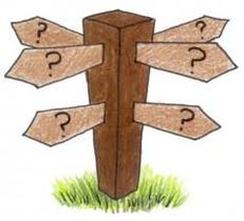 BEST INTRO WHEN NETWORKING What brought you here today? Rather than - what do you do? Why? Many people hate being asked what they do because for instance, they do lots of things, or they're unemployed or the question is so broad that it's hard to give a decent answer. How do you join a group that has already formed? Ask: may I join you? How do you approach a group of men without them thinking you are hitting on them in any way? I approach them in the same way that I would a group of women. There are three stages in your relationship building: TYPES OF IMPACT
If you think a man has misinterpreted you "immediate" impact, work on that with the "interaction" and "follow-up" impact. 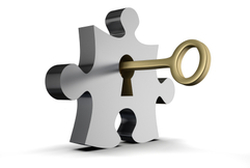 ON PROGRESSING IN LIFE AND CAREER A great quotes was shared: "Everything you want is out there waiting for you to ask. Everything you want also wants you. But you have to take ACTION to get it." Jack Canfield Nikki Hutchison said you should only include recent achievements as old achievements are irrelevant. I don't agree. Some achievements will always help people to build a picture of who you are, e.g. I got a scholarship to the University of Cambridge straight out of one of the ten poorest countries in the world, Malawi; I subsequently became the first person to graduate with a first class in Economics in the 3rd largest college in Cambridge - they'd been allowing women into the college since the 80s. Even when I am 80, that will be viewed as an achievement to me and to others. Interesting fact: 22% of employers are less likely to hire without a thank you follow up [there were other points but I couldn't note them down fast enough!] OTHER TIPS FROM WOMEN THAT HAVE GROWN
b) Want a pay rise c) Want a promotion Many women hate boasting so find a non-boastful format for self-promotion. If you don't say what YOU want, you let people decide what is good enough for you!
 FINDING A CAREER OR BUSINESS SPONSOR Women with sponsors were found to be 52% more likely to be happy with their career progression. Than those without one.
I realised that I don't really have sponsors! Shame :( - I sort of have one - I need people that know about how to grow a business that have actually done business themselves. The closest thing I have to a sponsor is the books I read. Sponsors introduce you to their inner circle, champion you and give you critical feedback. How do you get a sponsor? You earn them! 1. Through commitment, i.e. attitude, loyalty, good, work ethic, sharing info, being consistent, not getting complacent) 2. Through the favour system If you do something for someone, they feel obliged to do something back! E.g. have you ever gotten an unexpected Christmas card and dashed out to send one back? So be PROACTIVE about adding value to people's lives. 3. Through becoming the go-to specialist in your niche Add value and sponsors will begin to materialise. They will strategically want to involve you in important meetings Points 1 to 3 are the "Sponsorship Rulebook" Why would someone want to sponsor you? You make them look good! Reputation! What will I do about getting a sponsor? Step 1: This week I'm going to the British Library (I've been thinking about it for a while) because they have great resources for small businesses including people I can talk to. What are you going to do? Step 2: gosh, I've gotta keep something to myself! I'll keep you posted. Visualisation: it's important to regularly visualise where you want to get and who you want to be; it helps to reinforce your goals and to ultimately get there. In summary, as long as this blog is. I have missed tonnes of stuff the above is mostly from the first half of the day so I would recommend you sign up to the Women in Business Superseries so you can go to the next one or benefit from their free webinars. My favourite speakers The hosts: Christine Brown-Quinn and Jacqueline Frost Stephanie Peckham, Smarter Networking Nikki Hutchison, Chilli Pepper Global Event Sponsors Upper Street The Fold, London Matt Roberts Personal Training The Lemon Gallery Kiehl's  This blog is inspired by Christopher McDougall's book, Born to Run Until today, I always believed that women sat around tending to the kids as the men went out hunting and "brought the bacon" home. I don't think I learnt this at school, it's just one of those things I knew, you know - "general knowledge". Then, as I was reading Born to Run I learnt that scientists can almost conclusively say that when we were hunter-gatherers the women were part of the chase. For instance, in most mammals, the male is much larger than the female. In human beings on the other hand, the male is on average only 15% larger than the female as we're both designed for the same function: running. Our small nimble size is ideally suited to long chases. Human beings are designed to endure very long runs in pursuit of their prey - meat for food. I once read of a woman who had a baby and went out to complete a marathon the very next (or same) day. I thought she was mad but apparently it's not so crazy. Hunter-gatherer women were exactly the same way; running was not some big thing that you had to go and do. It was a way of life - something you did everyday, kind of like waking up and watching TV in today's world. Is there any evidence for this way of life? In fact there is. Modern societies and the digital revolution remain very new. Hunter-gatherer societies still exist. The Mbuti or Bambuti pygmies in the Congo maintain their hunter-gatherer way of life. Both men and women gather and forage. When it comes to hunting for meat, the women and children take part by 'driving the prey into the nets' (Wikipedia). 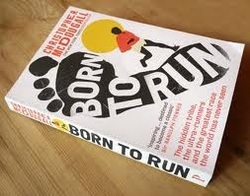 This driving the prey into the nets is made to sound like a light activity but it's actually a wild chase of man versus animal that can last hours at a time. A group of 6-10 people collectively target and outrun a deer until it's tired out. When they catch it, the kill is taken back to the community and shared collectively. The Mbuti live in groups of 15-60 and total 30- to 40,000 worldwide. They have developed hunting boundaries so that one group doesn't impinge on the ground of another. I expect that this is as much for sustainability as it is for maintaining the peace. Ultimately, people who live this sort of nomadic lifestyle live as one large family. Everything is shared. I kind of envy this way of life. In modern society it's every man for himself: eat or be eaten. On the issue of running. There is an ultra running competition every year, the Leadville Trail 100. Ultra running is running on very rough terrain, on routes where cars can't pass. It's been found that although men can out-sprint women over short distances, when it come to ultra races like the Leadville, 90% of women finish but only 50% of men do. The book didn't drill down on why this phenomenon exists but it serves as further evidence that we were bothdesigned to persevere and persist over hard terrain for long distances. Born to Run is a book about running but I decided to zone in on the issue of women for this post. I have reviewed the book here and written more about the book from a different angle in these posts: I highly recommend this book. Look at the picture above, what do you see? That’s the front cover of City A.M. on 28-Feb-12 showing what £67.7bn can buy in the UK public sector.
Look closer, what else do you see? Obviously, the lower the average per annum income for a group of people, the more people you can pay. Key professions have been picked for the image. At the bottom, we have nurses and teachers: all women, you can tell from the long hair. At the top, we have bobbies, GPs and senior police: the higher paid professions and of course they have all been portrayed as men, the ties give that away. Hmmm? A clear depiction of the income gap between men and women, a clear depiction of career stereotypes. Is it any wonder that women are said to have lower aspirations? The media consistently bombards us with images that define the status quo. People subconsciously and unknowingly respond to stereotypes: aiming and applying for jobs that society says are ‘normal’ for their type. I very much doubt that too much thought went into creating this image and that’s what makes it so powerful. Stereotypes are so deeply ingrained. Indeed, if the cartoonist had decided to split each line according to the true gender mix in that profession, people may well have screamed “It’s political correctness gone mad!’ Anyway, having made this casual observation, I decided to take it a step further. Using 4 City A.M. papers that were yet to be discarded, I counted the number of male vs. female faces. I excluded the sports section, it was all 100% men and I excluded pictures of crowds because it can be difficult to differentiate man from woman. I did include the fictional ‘tipster’ because he is most certainly depicted as a man. However, I also include the female cartoon in the Lloyds Banking advert to keep it fair. Each image had to be indisputably male or female. The results: 14-Feb: 37 men, 11 women i.e. 23% women 24-Feb: 47 men, 17 women i.e. 27% women 14-Feb: 41 men, 13 women i.e. 24% women 28-Feb: 41 men, 7 women i.e. 15% women What’s your point, Heather, I hear you ask? I don’t have one, numbers just intrigue me.  If you’re an immigrant like I am, you probably get vexed whenever you see any immigrant-bashing politicians and interest groups in the popular press. It might even make you feel unwanted in the country you have chosen to live. I commiserate with you because this is exactly how I used to feel but I have taken on a fresh perspective this week: I had the pleasure of attending a ceremony where immigrants take an oath to become British. As I sat around waiting for things to kick off I looked around the room and thought a bit about some of the characters there: most people took the occasion very seriously and were well-dressed, over-dressed even; some wore their pride in becoming British very clearly in their expression; there was one guy who spoke so little English (if any) that he couldn’t confirm what his name was when asked; there were a couple of families there with one English speaking family member present, typically the father, with the rest still unable to communicate and comprehend instructions; in one case, the English speaking father had a pregnant wife and two kids under three in tow. This got me thinking, what sort of people does any country want to attract? The answer is simple: positive contributors; people that will add more to the local economy than they will take out of it. Such contributors need also to show a willingness to assimilate and integrate into the economy by, at a minimum, learning the language and the culture. To live somewhere for five years and still be unable to speak the language reflects a serious lack of interest in the culture. The English test required to become British is so easy it’s impossible to fail. This was quite evident from the struggles some displayed in following rather basic instructions. Still, this is only one side of the argument. 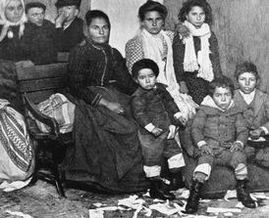 It’s all well and good for me to say contribute to society, learn the language, learn the culture, however, is it that straightforward? Let’s enter the life of a young girl of 16 or 17 who’s been married off straight out of Asia and brought to England. Her new husband owns a store, for instance, what control does she have over her life? She likely has extremely limited education and even less freedom. If her husband works in the shop all day and she lives in the flat above, her actions will be under constant surveillance. Even if she wants to learn English, she might be afraid to ask her husband? “What do you want to learn English for?” he may well ask. He may be unwilling to relinquish the supremacy he enjoys over her being. Educating his wife in anyway would empower her and perhaps, by his own thinking, reduce his ability to ‘keep her in check’. Indeed, it is highly possible that although the mother may fail to integrate into the community, she may raise her children to be well contributing citizens that any country would be proud to have. A possible step forward could be the implementation of a compulsory and rigorous integration course, say taken by those that would not qualify under a reasonable scoring system similar to that used for a highly skilled migrant visa. It’s a tough issue, made more complicated by those that hate immigrants for the sake of it and immigrants that purely want to take advantage of a generous benefit system. Nonetheless, I empathize both with the powerless immigrant and those citizens that genuinely just want a responsible immigration system. |
By Heather
|
||||||
Heather Katsonga-Woodward, a massive personal finance fanatic.
** All views expressed are my own and not those of any employer, past or present. ** Please get professional advice before re-arranging your personal finances.
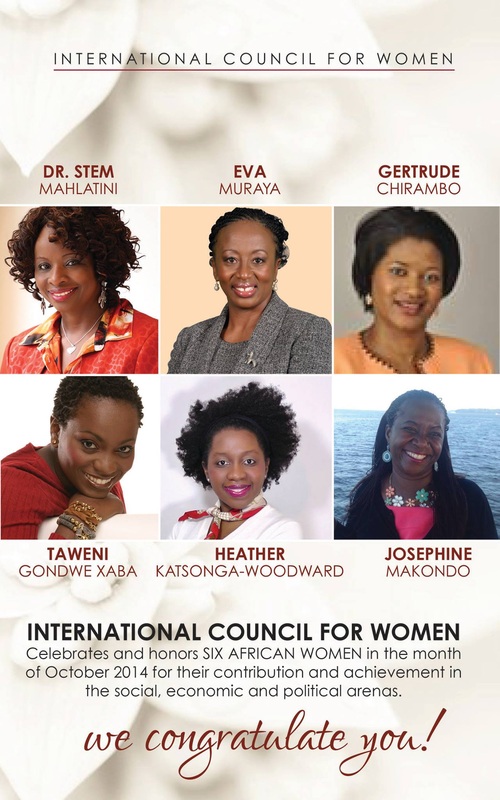



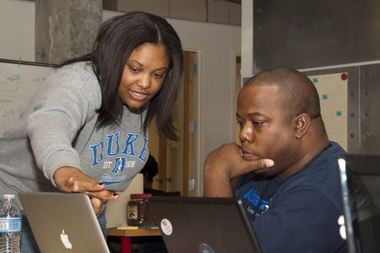



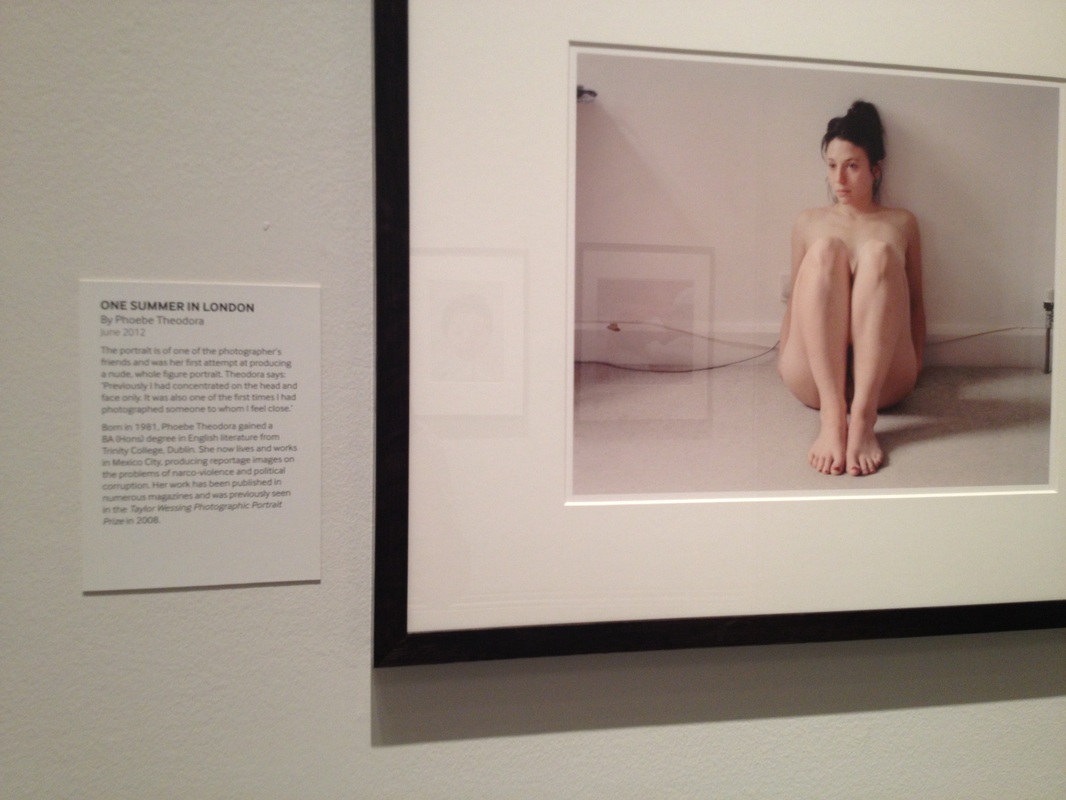
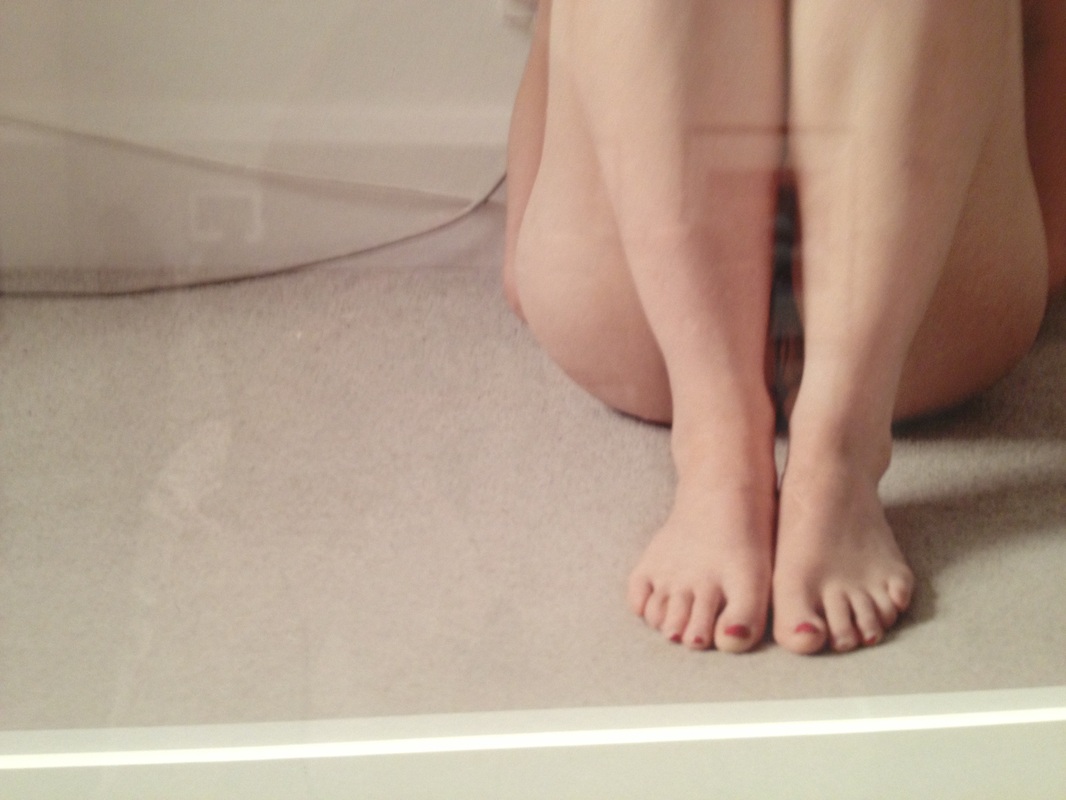

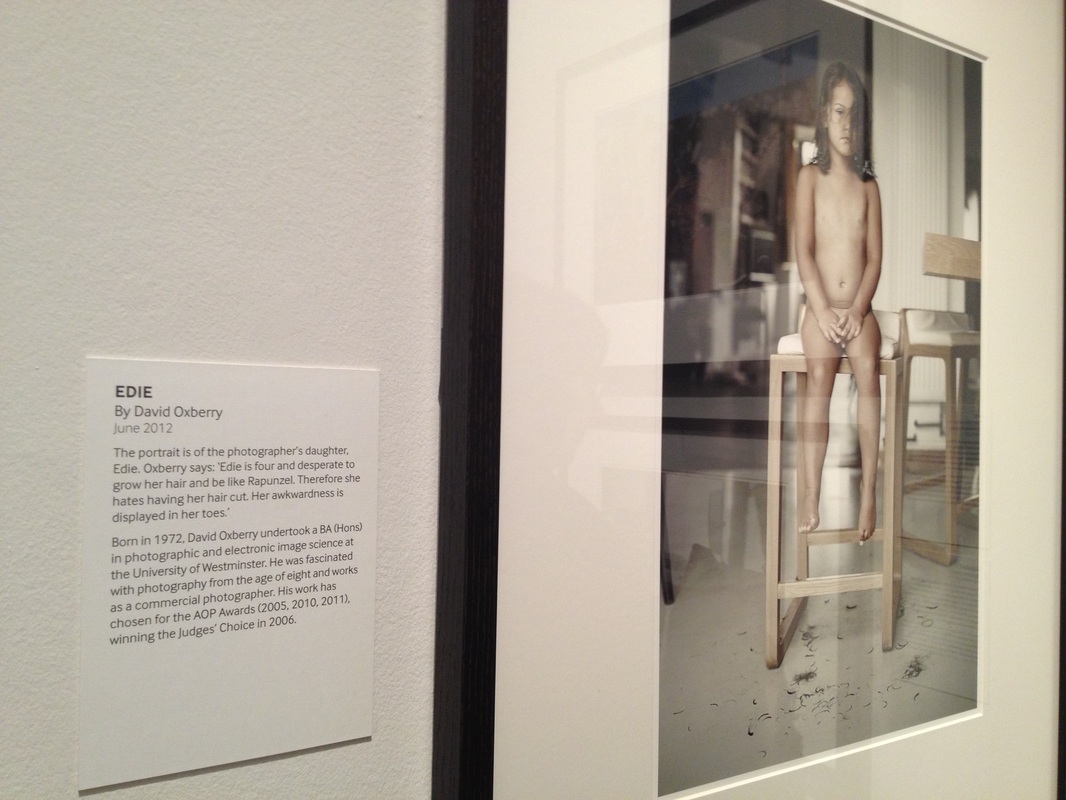



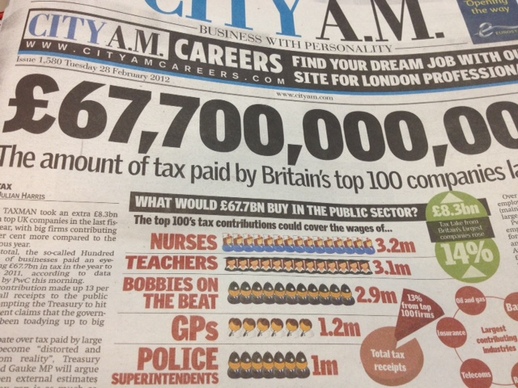


 RSS Feed
RSS Feed


